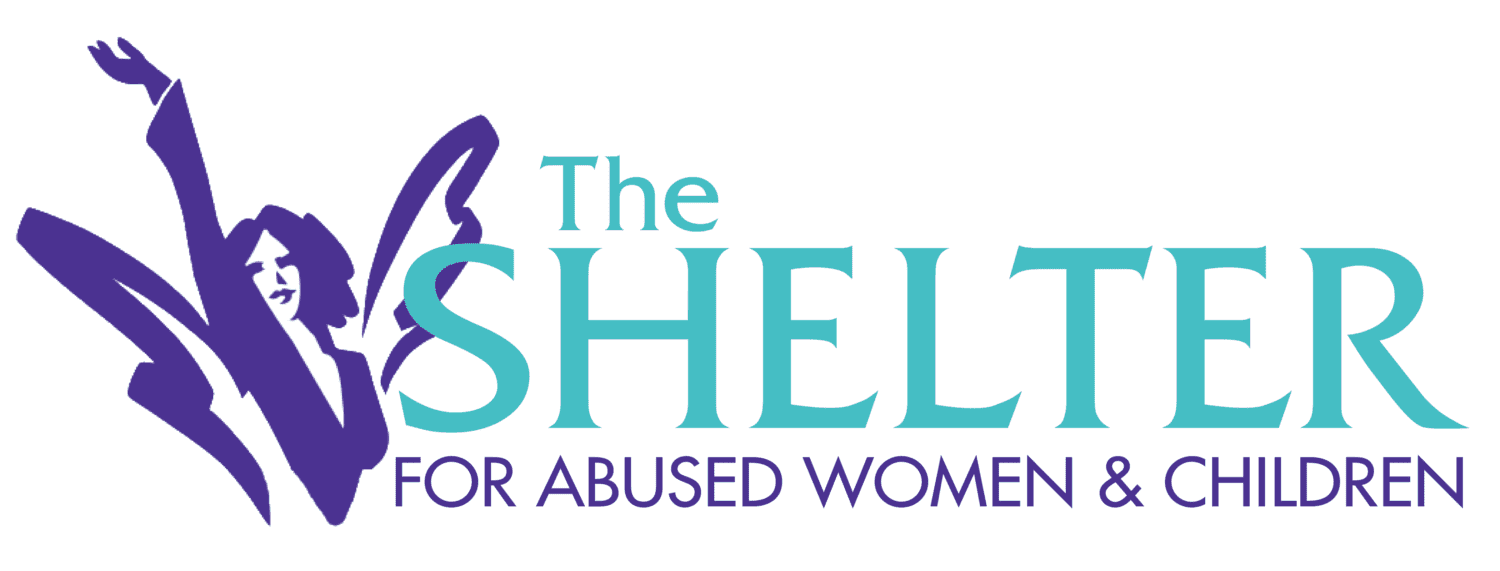Florida Weekly: Joe Landon – The effect of domestic violence on children
By Joe Landon
This is National Domestic Violence Awareness Month which is observed locally by The Shelter for Abused Women & Children. Our focus though, for this column, is on the effects domestic violence has on our children, the helpless victims.
“Growing up in a home with domestic violence, I personally understand the impact that abuse has on children.” That profound admission, made by Linda Oberhaus, executive director of The Shelter, explains her enduring passion for helping those living in homes where domestic violence is prevalent.
She goes on to tell us that “it was in those early moments that I developed a deep belief that every human being deserves to live a life free from violence and abuse.” And she has made it her life’s work to make sure that domestic violence victims get a second chance at life, and that The Shelter’s vision of a community without domestic violence, and one in which each and every home is a safe haven, becomes a reality.
Here’s a sobering statistic. One in every three women will experience domestic abuse in her lifetime. Hopefully, they’re seeking help, but their children need assistance, as well. This year, The Shelter provided emergency shelter, counseling and outreach services to 350 children ages 5 to 17.
Natalia Gonzales, The Shelter’s clinical services director, says that “we help children who have been victimized by or exposed to domestic violence. We help them process emotional distress through supportive and therapeutic approaches to treatment. Finding healing early in life reduces the probability of repeating learned patterns in the future and/or suffering from long term post-traumatic stress that can lead to other complications in adult years,” she stresses.
Ms. Gonzales reports that “children who have been exposed to domestic violence demonstrate aggressive behaviors like a lack of compliance with discipline, and an inability to regulate emotions such as anger and sadness. And we find they are going through social and emotional withdrawal while also experiencing low academic performance.”
There’s a concern that girls who grow up in abusive homes are more likely to become victims of abuse in adulthood. And boys are more likely to become abusers as adults.
According to Ms. Gonzales, “When exposed to domestic violence, children may tend to identify with the parent of their same gender and may replicate some of their behaviors as adults.”
Through her clinical work, Ms. Gonzales says she finds internal strength and resiliency in the children she treats. “It never ceases to amaze when yet another survivor prevails over domestic violence. Their life is a public declaration that violence does not have the final word.”
On the positive side too, in addition to the counseling, The Shelter did provide in-person primary prevention training to 7,243 children in our schools this past year.
The Shelter also offers a Healthy Friendships program for middle school students, and a Teen Healthy Relationships program to address the high school dating violence issue.
Ms. Oberhaus firmly believes that children are gaining knowledge about healthy relationships thanks to The Shelter’s efforts. They’re also provided with the warning signs of abuse and resources that will enable them to keep themselves safe if they are experiencing violence in the home.
Ms. Oberhaus declares that “our hope is that the seeds we plant for these children today will carry on into their relationships when they become adults, both preventing abuse in their relationships and breaking the cycle of abuse for the next generation.”
To learn more about The Shelter for Abused Women & Children, visit www.naplesshelter.org/front/. And if you need help, or know someone who does, call the confidential 24-hour crisis line at 239-775-1101.
— Joe Landon is a communications consultant who retired as executive director of communications for Collier County Public Schools in 2014. Contact him at joelandon@outlook.com.





